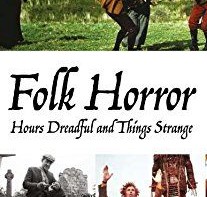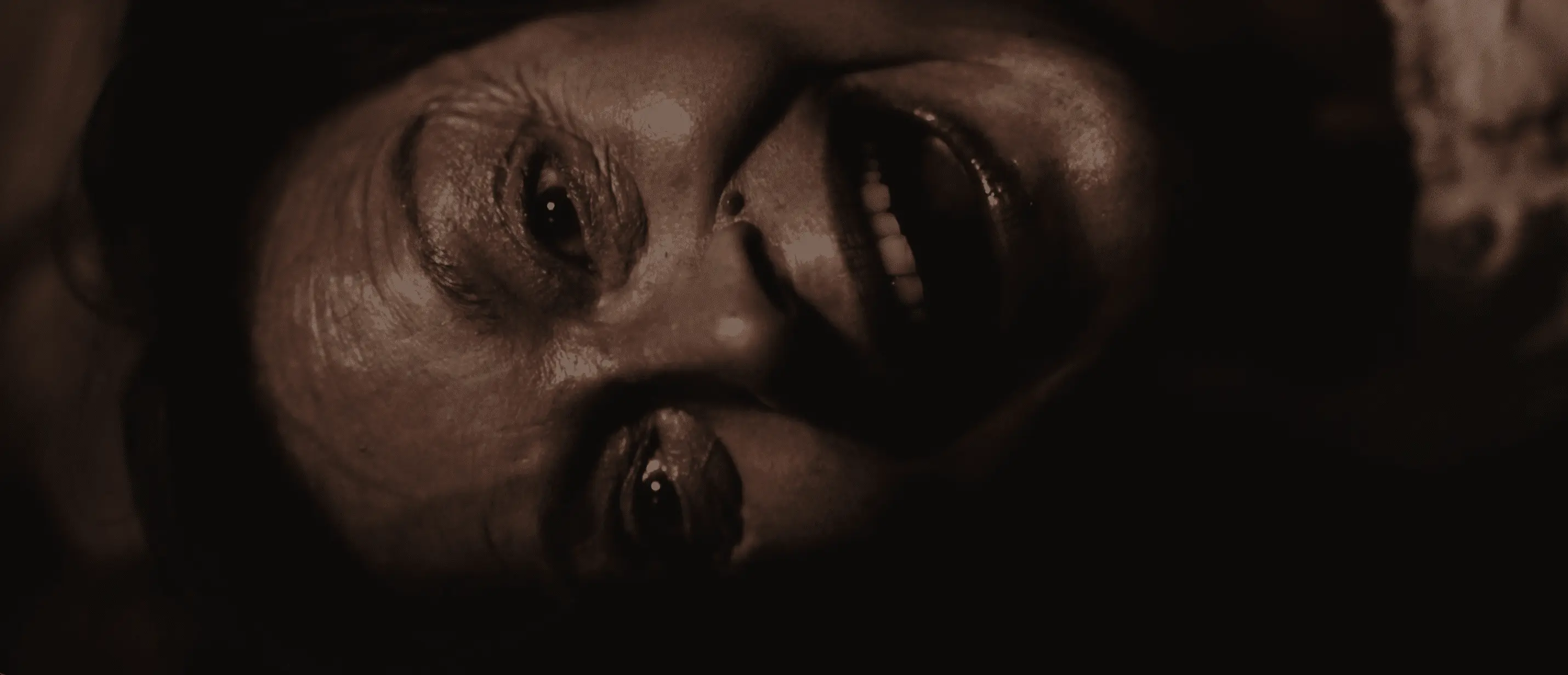Daniele Campea’s slow burn, MOTHER NOCTURNA, joins the ranks of folk horror films that serve to remind us that there are certain inescapable and unknowable primal forces that can consume us and our loved ones. Based on Euripides’ Greek tragedy, The Bacchae, this film is a family drama at its very core. Wolf biologist Agnese (Susanna Costaglione) is recently released from a long stay at a mental hospital. She reunites with her husband, Riccardo (Edoardo Oliva) and teenage daughter and dancer, Arianna (Sofia Ponente). Despite Riccardo’s best peace-keeping efforts, the reunion between Agnese and Arianna is less than happy, creating a mystery that slowly unravels until the film’s climatic and tragic ending. MOTHER NOCTURNA taps into the fear of unearthing terrible truths about our own families. Like all horror, it uses metaphors to take that fear to the next horrifying level.
Nature is a character in itself in MOTHER NOCTURNA. Set in the Italian countryside, the film opens with shots of a forest that are both beautiful and ominous. Campea continues to intercut this idyllic landscape throughout the film, even when it takes a disturbing turn. Agnese, who was seemingly removed from nature during her stay at the mental hospital, becomes reacquainted with the neighboring forest and the wolves that inhabit it. Campea’s use of still long shots of Agnese in rural settings tell a story in itself: Agnese cannot escape her dark past and will find herself succumbing to the same primal force that alienated her from her family once before…


